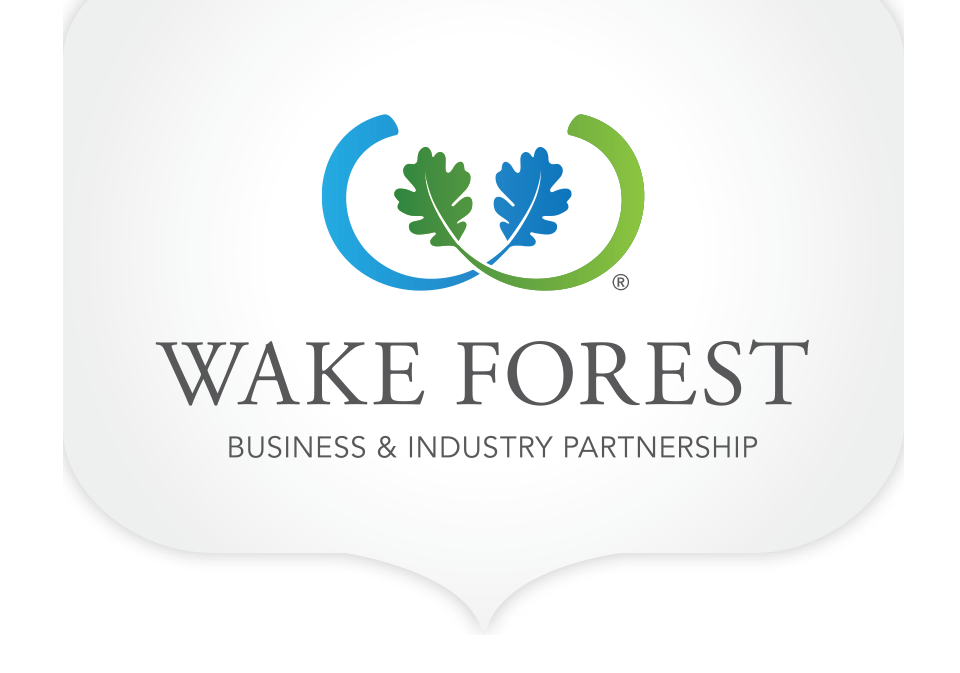The approval of the CARES Act in late March of this year authorized nearly $350 billion (and an additional $320 million on April 24) in support to small businesses across the nation. Under this stimulus package, both the Economic Injury Disaster Loan (EIDL) and the Paycheck Protection Program (PPP) are eligible for different amounts of loan forgiveness. Here’s what you need to know about having your Paycheck Protection Program funding forgiven.
Paycheck Protection Program Loan Forgiveness Guidelines
Funds are used during the eight-week period after the loan is made
The amount of PPP loan forgiveness depends on your expenses over an eight-week period (beginning on the day of receipt of funds or at the start of the first new payroll period after receipt)
At least 75% of the loan is used for payroll costs
Payroll costs include:
salary, wages, commissions, or tips for each employee (capped at $15,385 over an eight-week basis)
Employee benefits including: vacation, parental, family, medical, or sick leave; payment required for health care benefits including premiums
Payment of retirement benefits
State and local taxes assessed on compensation
Payroll costs do not include
Compensation of an individual employee in excess of $15,385 (or $100,000 annually)
Federal employment taxes imposed or withheld between February 15, 2020 and June 30, 2020 and income taxes required to be withheld from employees
Qualified sick and family leave wages under the Families First Coronavirus Response Act
No more than 25% of the loan is used for non-payroll costs
Non-payroll costs include
Interest on mortgage obligations incurred before Feb 15, 2020
Rent, under lease agreements in force before Feb 15, 2020
Utilities for which service began before Feb 15, 2020
Staff and Payroll are maintained
Loan forgiveness reduced if:
Full-time equivalent employees decreased
Decreased salary by more than 25 percent for any employee making less than $100,000 in 2019
Allotment for rehiring employees and restoring salary levels for changes made between February 15, 2020, and April 26, 2020 or a new employee hired to replace an employee who left the business.
Assessing average weekly full-time equivalent employees during the covered period or the alternative payroll covered period will be compared to either:
average weekly FTE from February 15, 2019, to June 30, 2019;
average weekly FTE from January 1, 2020, to February 29, 2020; or
(in the case of seasonal employers), either of the preceding periods or a consecutive twelve-week period between May 1, 2019, and September 15, 2019.
Find out more about SBA Loan Forgiveness here.
How do I apply?
Following the eight-week period, you can submit a request to your lender for loan forgiveness. You can do this by completing the loan forgiveness application posted by the SBA and Treasury Department or by completing an application made available electronically through your lender.
What do I need to apply?
To apply for loan forgiveness, you will need to submit two main components: (A) the PPP loan forgiveness application and (B) supporting documentation. The lender must make a decision on loan forgiveness within 60 days.



